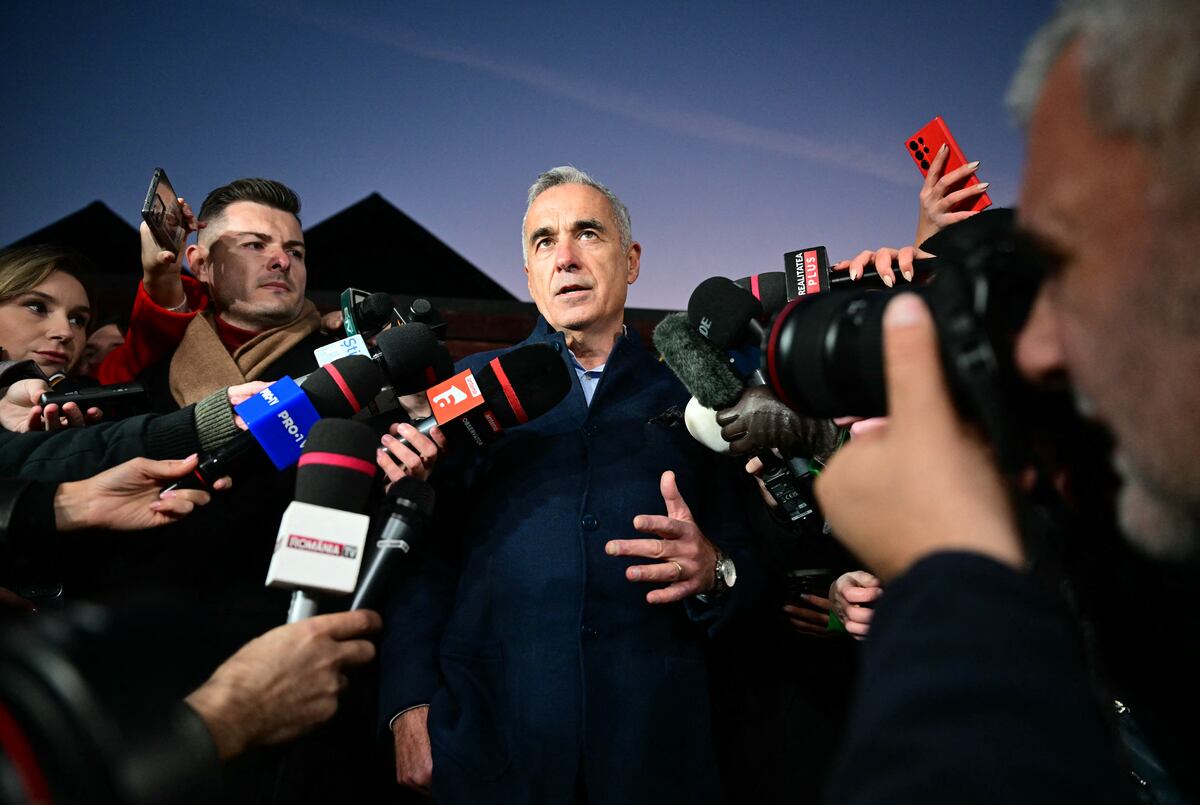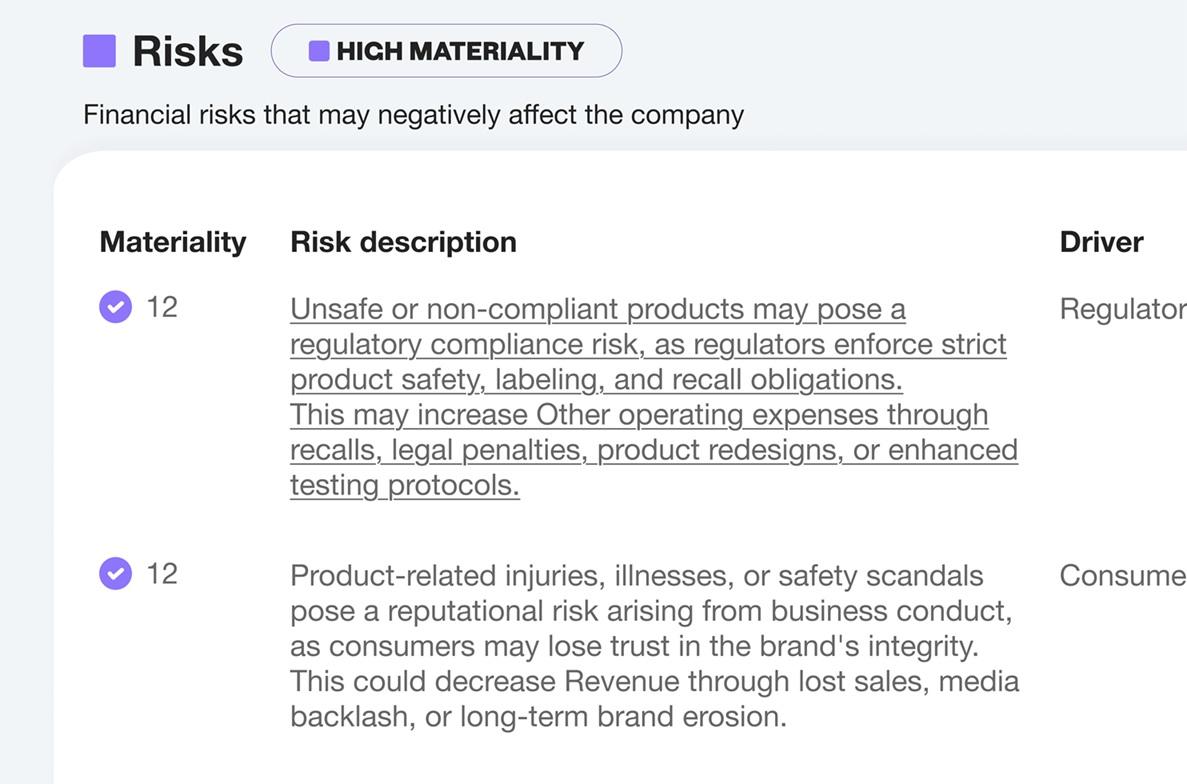The recent annulment of Romania's presidential election run-off raises significant concerns about the nation's geopolitical alignment and the integrity of its democratic processes. With nationalist candidate Calin Georgescu, who has expressed admiration for Vladimir Putin and threatened to withdraw support for Ukraine, emerging as a potential leader, fears of Russian interference have intensified. The Romanian constitutional court's decision to rerun the first round of voting stems from alarming reports of hybrid attacks aimed at manipulating public opinion and undermining the electoral process. This situation not only jeopardizes Romania's NATO commitments but also highlights the vulnerability of democratic institutions to foreign influence, particularly from adversarial states seeking to reshape regional alliances.
The implications of this electoral turmoil extend beyond immediate political outcomes; they underscore the resilience of Romania's institutional framework in the face of external pressures. Experts suggest that even if Georgescu were to assume the presidency, constitutional safeguards would limit his ability to unilaterally alter Romania's foreign policy or NATO commitments. The president's dependence on parliamentary support and the established checks and balances within the government suggest that any drastic shifts in Romania's strategic posture are unlikely. As Romania navigates this precarious political landscape, the international community remains watchful, recognizing that the country's stability is crucial for the security of NATO's eastern flank and the broader European geopolitical landscape.








